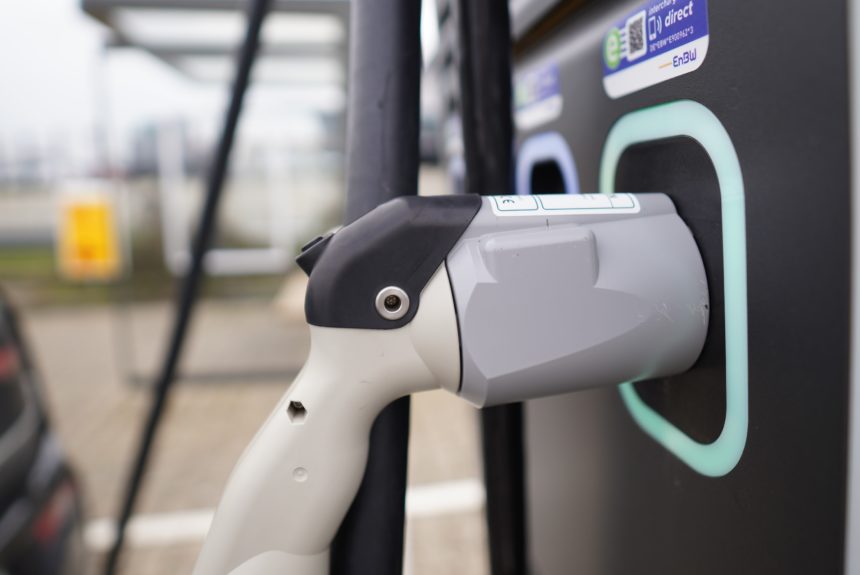Ellen Wald of The Atlantic Council writes about U.S. policies to end reliance on Chinese lithium.

- The United States is beholden to China for its supply of rare earth minerals but is heavily subsidizing and incentivizing the domestic production of EV batteries.
- Policies in the Inflation Reduction Act, which require battery parts to be made in the U.S. and sourced from Free Trade Agreement countries, are hard and expensive to fulfill.
- While the U.S. should be looking to diversify its supply chain away from China, onerous regulations may backfire and increase costs for consumers and companies which will ultimately slow down EV adoption.
- Streamlining permitting from domestic mining and reprocessing and embracing free trade with more countries will lower costs and increase EV deployment.
“The United States desperately needs to hasten the development of supply chains for critical minerals that don’t involve China and Chinese companies for both commercial and national security interests. Unfortunately, current policies, including regulations from the Inflation Reduction Act (IRA), are doing exactly the opposite. They are hurting demand for electric vehicles, the very products that will incentivize the development of these supply chains. Instead, Washington needs to unleash the power of the US market by removing barriers to accessing capital, fast-tracking manufacturing, providing high-level diplomatic support, and promoting domestic demand.”
Read the full article here.
The views and opinions expressed are those of the author’s and do not necessarily reflect the official policy or position of C3.
